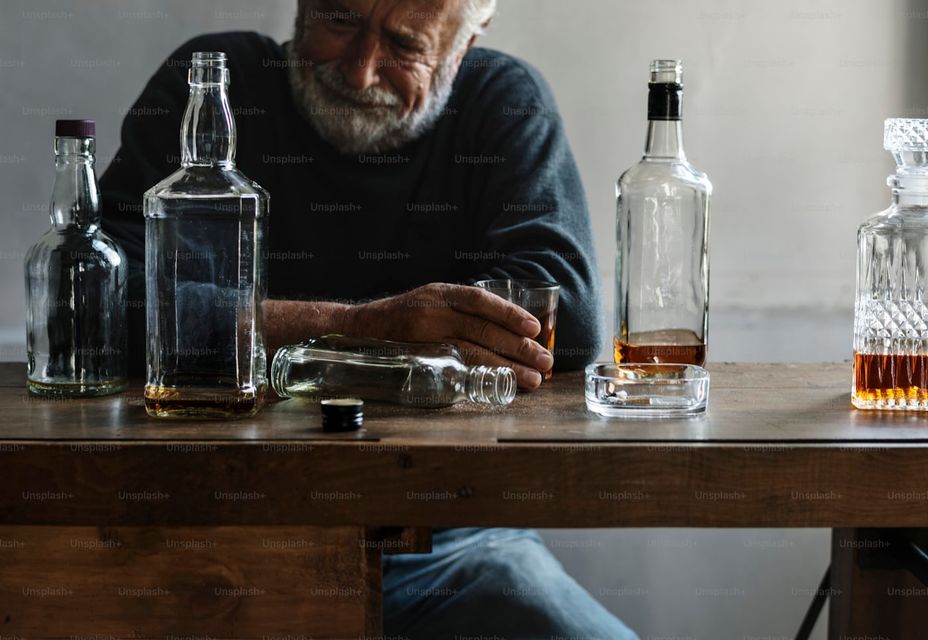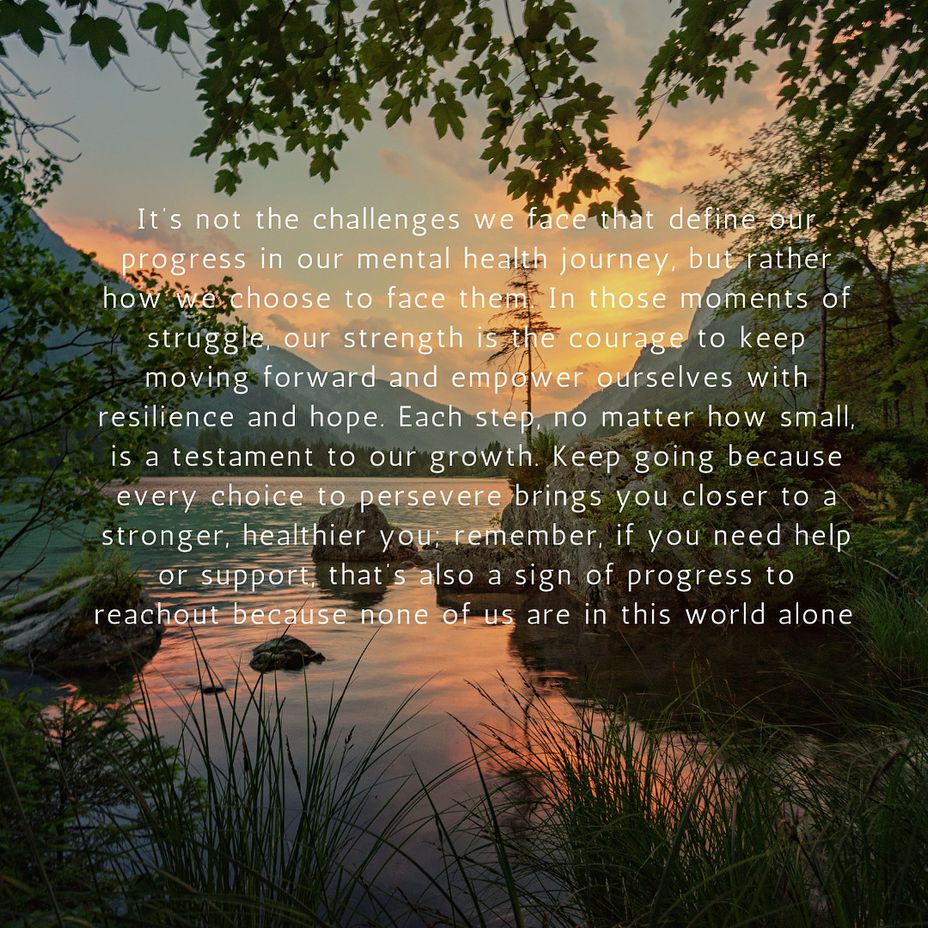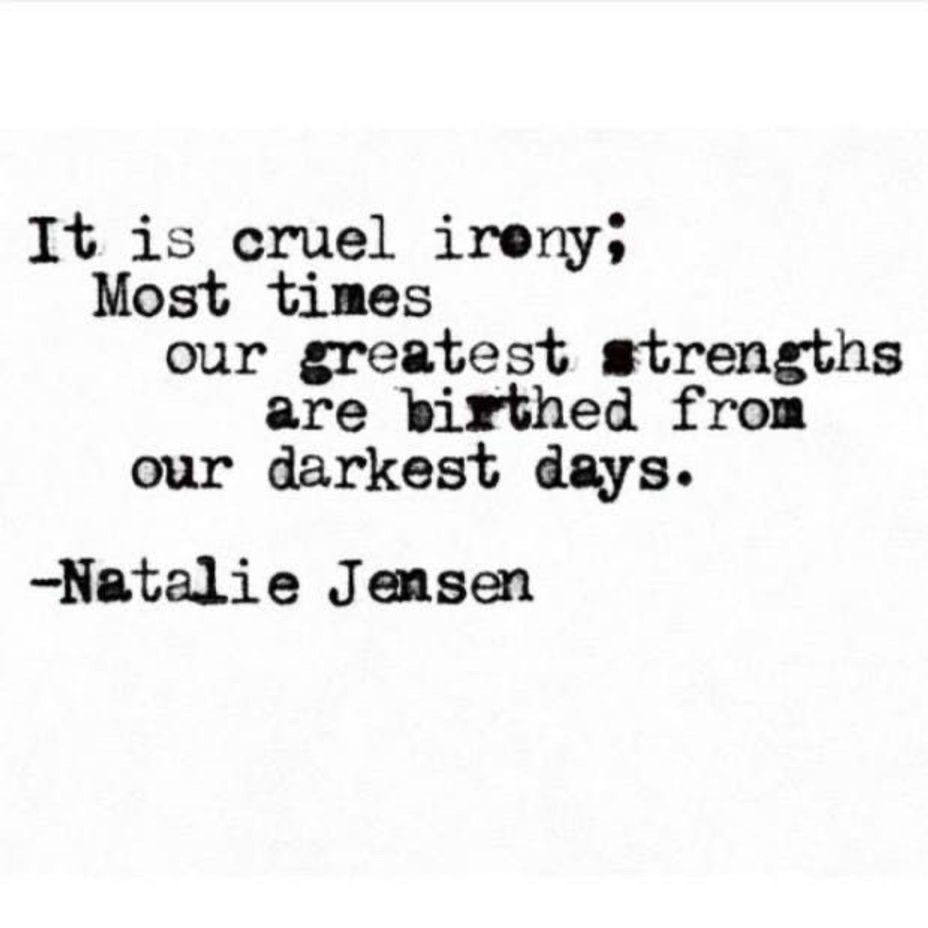"General population surveys have documented that approximately 75% of individuals with a substance use disorder have experienced trauma at some point in their lives."
-- PubMed Central, National Library of Medicine.
Time and time again, I see comments from people online saying things like:
* People with addictions have no-one to blame but themselves.
* Addiction is a lifestyle choice.
* Addiction only happens to certain kinds of people.
* People with addiction are all criminals.
* People with addiction need tough love. Helping them just enables drug use.
* Addiction medications are just replacing one addiction with another.
* People with addiction are hopeless.
... and on and on it goes.
Statistics show that the vast majority of people with addictions are doing it to self-medicate. Some things, such as some types of illicit drugs, have the additional side effect of feeling good while they're being taken, but my argument is that people don't take them primarily for that reason.
They take them to dull/block out emotional and/or physical pain.
[Aside: I, until 2.5 months ago, used to do the same thing with nicotine, be it smoking and/or vaping. Every time I felt stressed or anxious, I craved nicotine. My body screamed for it. And I would find myself huddled somewhere away from everyone else, puffing away, because smokers are considered pariahs these days.]
Not every form of emotional pain is linked to trauma, but every traumatic backstory leads to emotional pain. It's perfectly understandable to want to kill that pain with whatever you can get your hands on, whatever works. Let's face it; Mindfulness really doesn't help with genuine distress, it helps with mild symptoms.
Tearing into people with addictions helps no-one - *especially* not the person with the addiction. It makes them feel worse than they already do. Don't people realise that the person with the addiction already *knows* they're addicted, and likely wish they weren't?
With seeking help for addictions comes the realisation and reality that once you kick the habit, the feelings you were trying to kill will come flooding back. Often it feels like they come back with a vengeance, to make up lost time, as it were. Quitting an addiction is downright heroic, because you have to face all your inner demons.
That's why addiction centres usually have 28-day programs, full of group and 1:1 therapy sessions. It takes approximately a week for the drugs to leave a person's system (the detox process is usually brutal in and of itself), then they need time and help afterwards. They also need to be among people going through a similar process, for inspiration and support.
[Aside: For anyone interested in the topic of addiction centres, I recommend the movie '28 Days' (not to be mistaken for '28 Days Later', a *very* different genre of movie.) It's a comedy, but does go quite deep into the more serious aspects of addiction. You can rent it through the Google TV or YouTube apps; it used to be available upon Netflix, but they've since removed it.]
Have you noticed the language I have been very careful in using for identification, yet? At no point have I used the word 'addicts'; I have always used the term 'people with addictions'. That is deliberate, as people are not natural addicts. They have addictions. I'm not sure if I believe in the so-called 'addictive gene' theory. I suspect I lean more into the no camp, as I believe the main cause of addiction is trauma, not genetics. That doesn't mean, however, that the two can't be at play, simultaneously. I am open to being wrong.
So the next time you see a person with an addiction, be it out on the street, in a psych ward, or even just looking into your bathroom mirror, think about what might have brought them to that point in their lives, and seek for some compassion and sympathy within yourself. If you're walking, or have walked the addiction path before, you can also try some empathy. It costs nothing, but means everything.
No-one chooses for their life to feel out of their control. They don't choose the tragedies in their past. They don't choose addiction.
#MentalHealth #Addiction #SubstanceRelatedDisorders #SubstanceUseDisorders #PTSD #Trauma #compassion #Sympathy #Empathy #AddictionRecovery #Recovery





